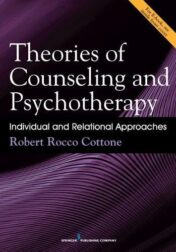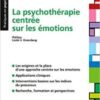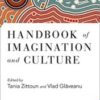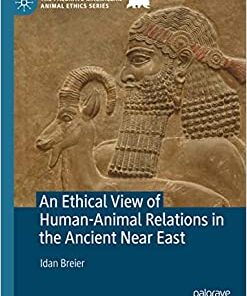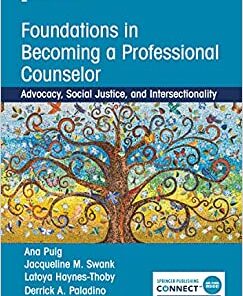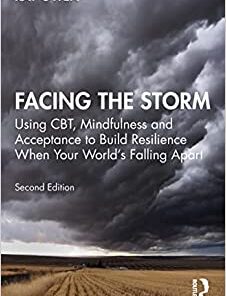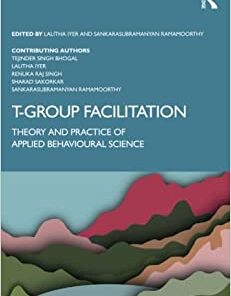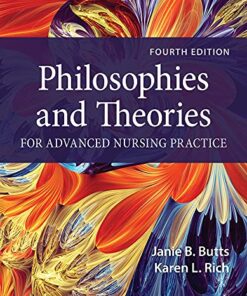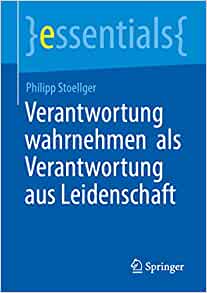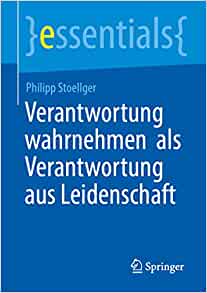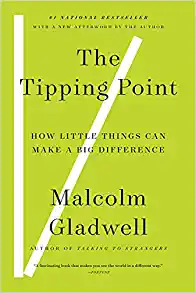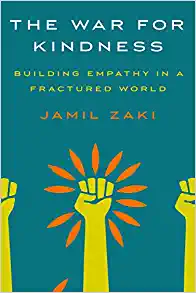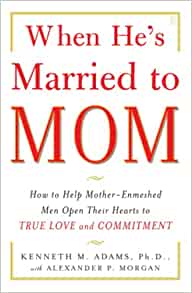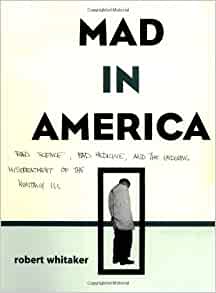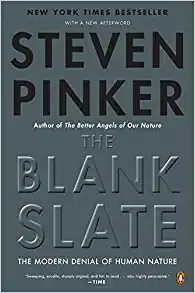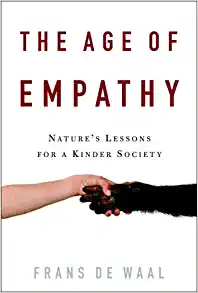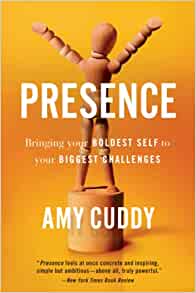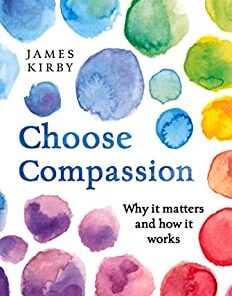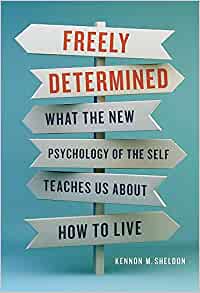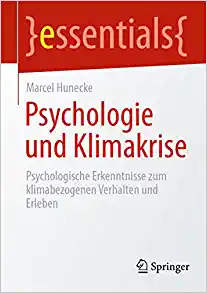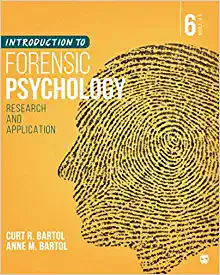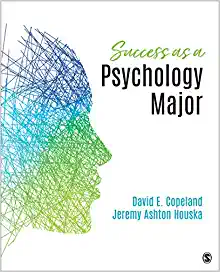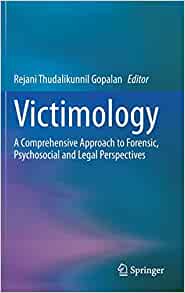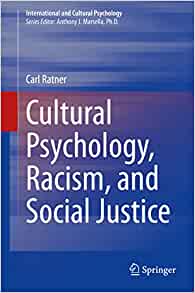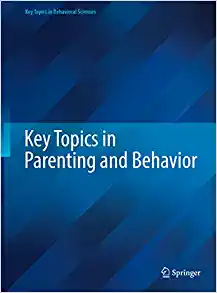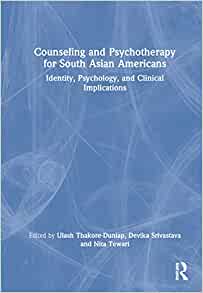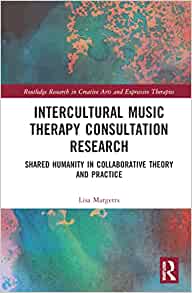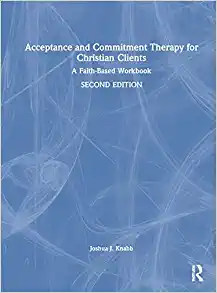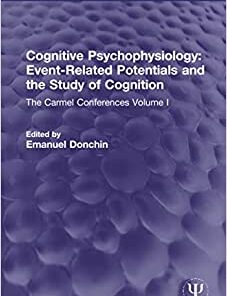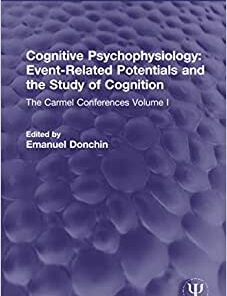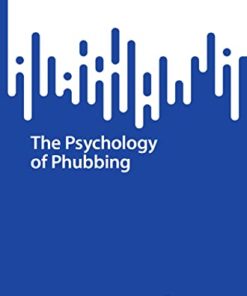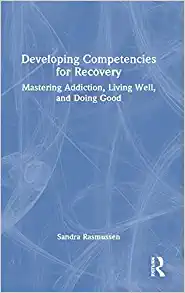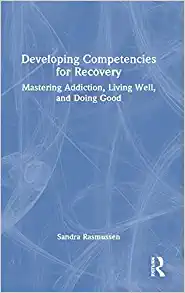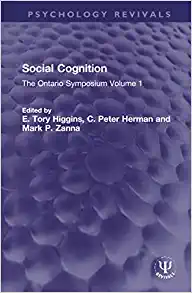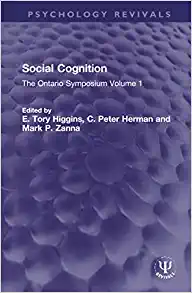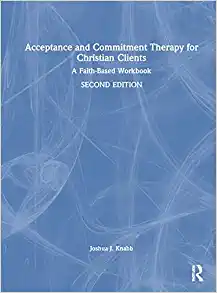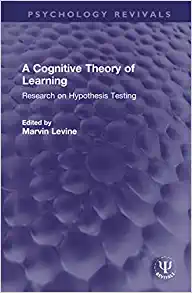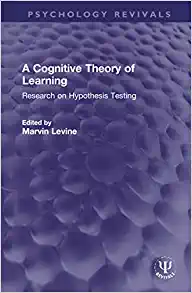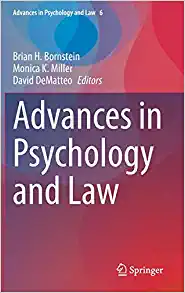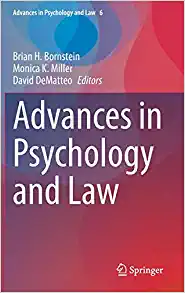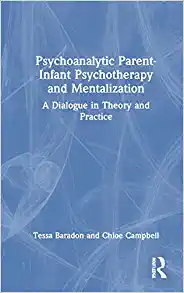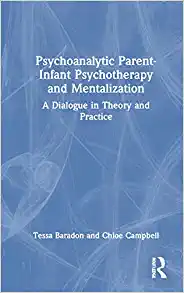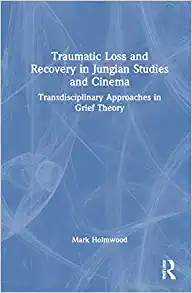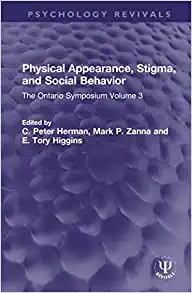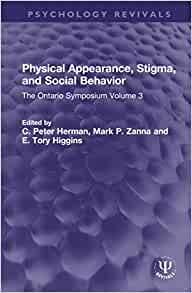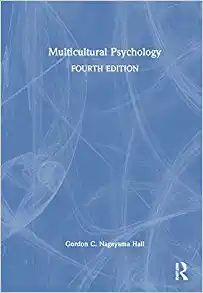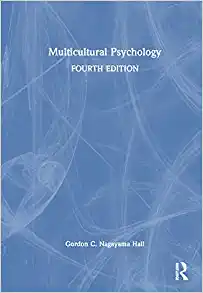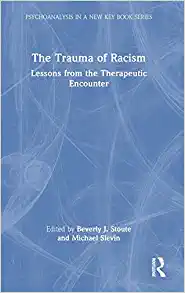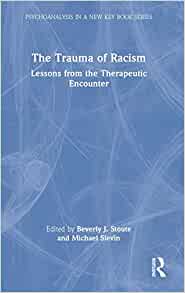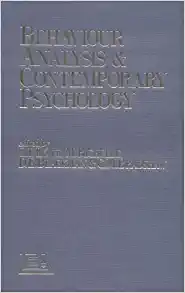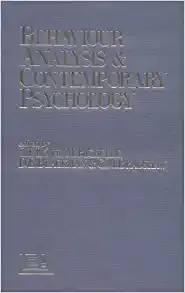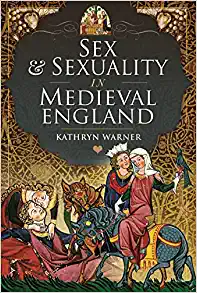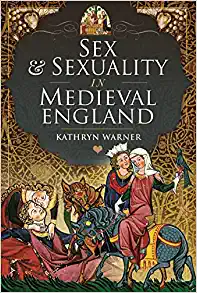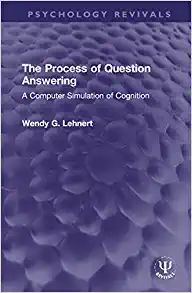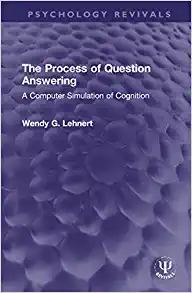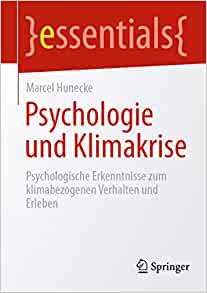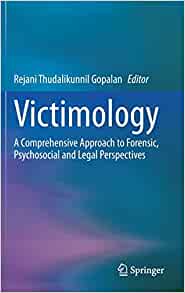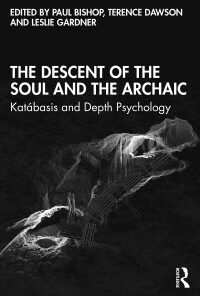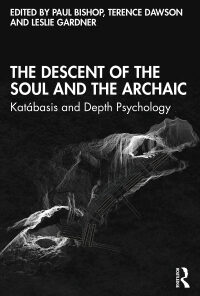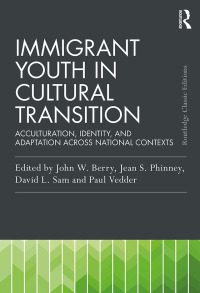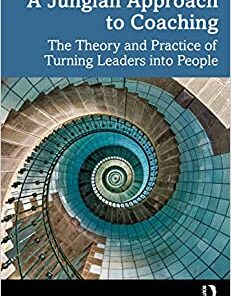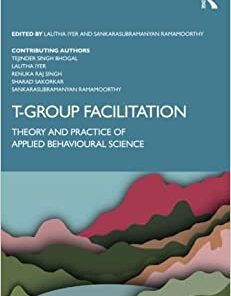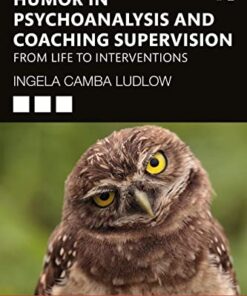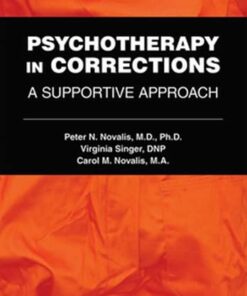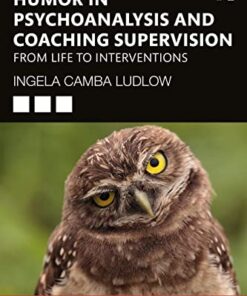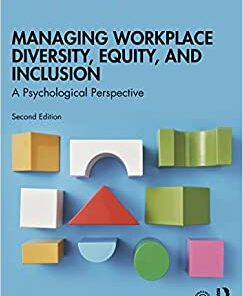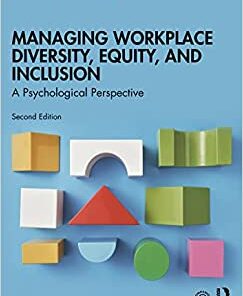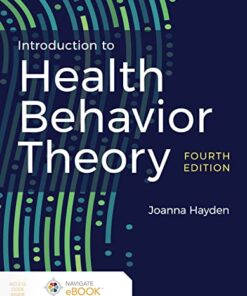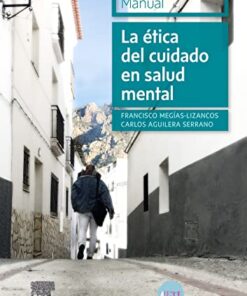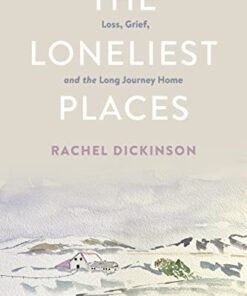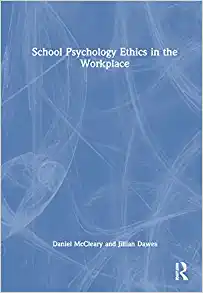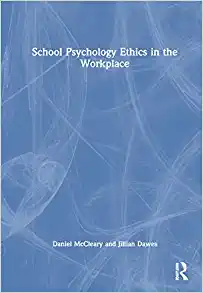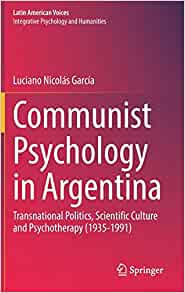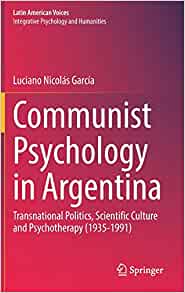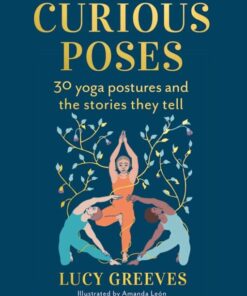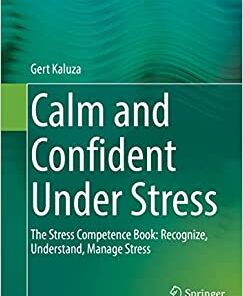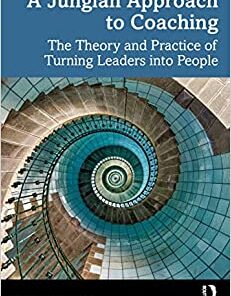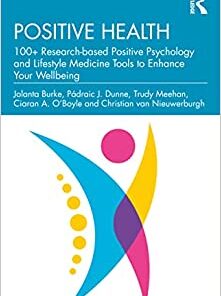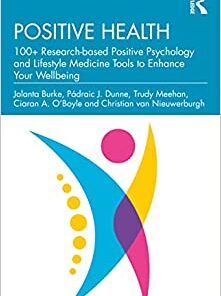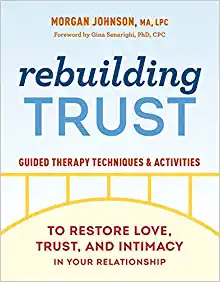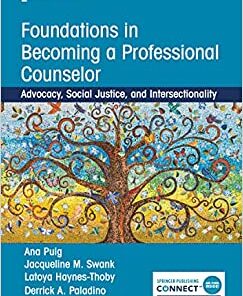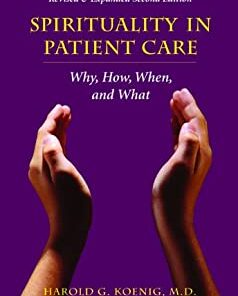Theories of Counseling and Psychotherapy: Individual and Relational Approaches (PDF)
$15
Theories of Counseling and Psychotherapy: Individual and Relational Approaches (PDF)
A unique and useful overview of important approaches to counseling and psychotherapy by an expert author and educator. Focusing on contemporary approaches and practical applications, it is a must-have for students and clinicians alike.
This innovative new text presents a comprehensive review of major theories of counseling and psychotherapy using four paradigms: organic-medical, psychological, systemic/relational, and social constructivist. Designed to be accessible and relevant to practice, the book reinforces learning with the inclusion of objectives, chapter summaries, applications of each theory in practice, and brief biographies of major theorists.
The text moves beyond traditional approaches with expansive coverage of relationship-centered and postmodern theories such as Dialectic Behavior Therapy, Emotion Focused Therapy, Solution-Focused Brief Therapy, Narrative Therapy, and others. Each theory is explored in depth in a student-entor dialogue that examines and debates the challenges that arise with each theory. The book also addresses the counseling role in psychiatric case management, reflecting the growing reality of cross-professional collaboration.
Practical yet rigorous, the text is a state-of-the-art introduction to contemporary approaches in counseling and psychotherapy for students in counseling, social work, professional psychology, marriage and family therapy, and related professions.
Key Features:
- Delivers comprehensive coverage of relationship-centered counseling theories
- Addresses contemporary approaches in depth, including postmodern theories and psychiatric case management
- Presents material in a unified voice by an expert teacher and researcher in the field
- Consistently presents goals, process, counselor role, assessment, management, ideal outcomes, and criticisms pertinent to each approach
- Provides learning objectives, key terms, concluding summaries, and brief biographies of major theorists
- Includes unique mentor-student dialogues at the end of each chapter that explore, conversationally, the significance of each theory and its application to practice
Related Products
Psychology Books
Psychology Books
Psychology Books
Psychology Books
Intimate Relationships, 3rd Edition (Original PDF from Publisher)
Psychology Books
Psychology Books
The War for Kindness: Building Empathy in a Fractured World (EPUB)
Psychology Books
Psychology Books
The Age of Empathy: Nature’s Lessons for a Kinder Society (EPUB)
Psychology Books
Dopamine Nation: Finding Balance in the Age of Indulgence (EPUB)
Psychology Books
Psychology Books
Psychology Books
Psychology Books
Counseling and Psychotherapy for South Asian Americans (EPUB)
Psychology Books
The Psychology of Phubbing (SpringerBriefs in Psychology) (EPUB)
Psychology Books
Psychology Books
Developing Competencies for Recovery (Original PDF from Publisher)
Psychology Books
Psychology Books
Social Cognition (Psychology Revivals) (Original PDF from Publisher)
Psychology Books
Psychology Books
Psychology Books
Psychoanalytic Parent-Infant Psychotherapy and Mentalization (EPUB)
Psychology Books
Traumatic Loss and Recovery in Jungian Studies and Cinema (EPUB)
Psychology Books
Psychology Books
Psychology Books
Psychology Books
Sex and Sexuality in Medieval England (Original PDF from Publisher)
Psychology Books
Psychology Books
The Process of Question Answering (Psychology Revivals) (EPUB)
Psychology Books
Psychology Books
Psychology Books
Psychology Books
Psychology Books
Psychology Books
Psychology Books
Psychology Books
Psychology Books
A Jungian Approach to Coaching (Original PDF from Publisher)
Psychology Books

